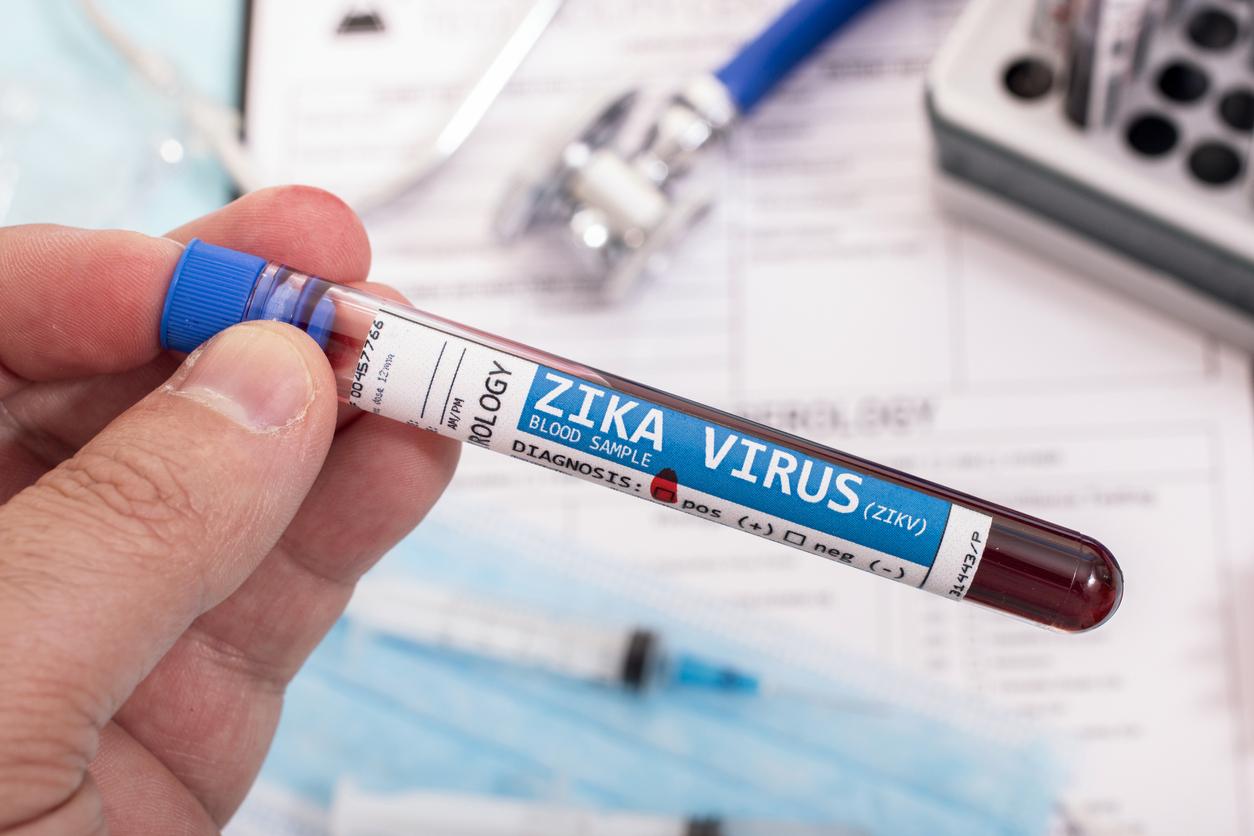How many babies are at risk of being born deformed from Zika? This question worries the planet since this disease took on the appearance of an epidemic. Biologists from the Universities of Notre Dame (United States) and Southampton (United Kingdom) publish a study in the journal Nature Microbiologywhere they believe that the Zika viruscould impact tens of thousands of births on the American continent.
1.65 million pregnant women affected in the Americas
Researchers have developed mathematical models to arrive at these estimates. According to them, more than 93 million people, including 1.65 million pregnant women, could be infected before the end of the first epidemic wave of Zika. By referring to the known figures of risk of transmission of the virus from the mother to the fetus, they then estimated that several tens of thousands of babies could come into the world with a malformation generated by Zika, in particular the microcephaly. Specifically, the researchers believe that the Brazil could be the country most affected by these fetal malformations, because of the large size of this State and the local conditions which facilitate the transmission of the virus in this territory. Caribbean island states such as Cuba, Aruba and Haiti could also be hit hard.
Microcephaly, neurological damage and growth retardation
“These projections constitute an estimate of the upper limit of populations at risk in the current Zika epidemic and our approach offers, more generally, a new method to rapidly assess the threat posed by emerging infectious diseases.“emphasize the scientists in their publication. The Zika epidemic has affected the American continent since 2015 and cases of imported contamination have been emerging for a few months in Africa and Europe. This virus, which is transmitted mainly through the bite of the tiger mosquito of the genus Aedes, can cause microcephaly, neurological damage or growth retardation in the fetus. In adults, it could be involved in triggering neurological disorders, such as Guillain-Barré syndrome, orbrain inflammation.
>> To read also:
Zika virus: recommendations in case of pregnancy
Zika: first case of microcephaly in Europe
Zika: a growing number of women want to terminate their pregnancy
A first case of sexual transmission of the Zika virus by a woman
















